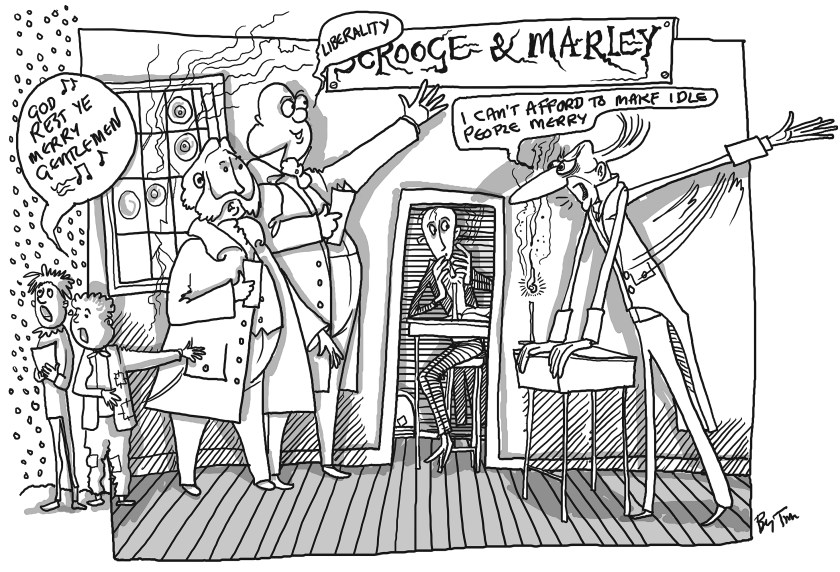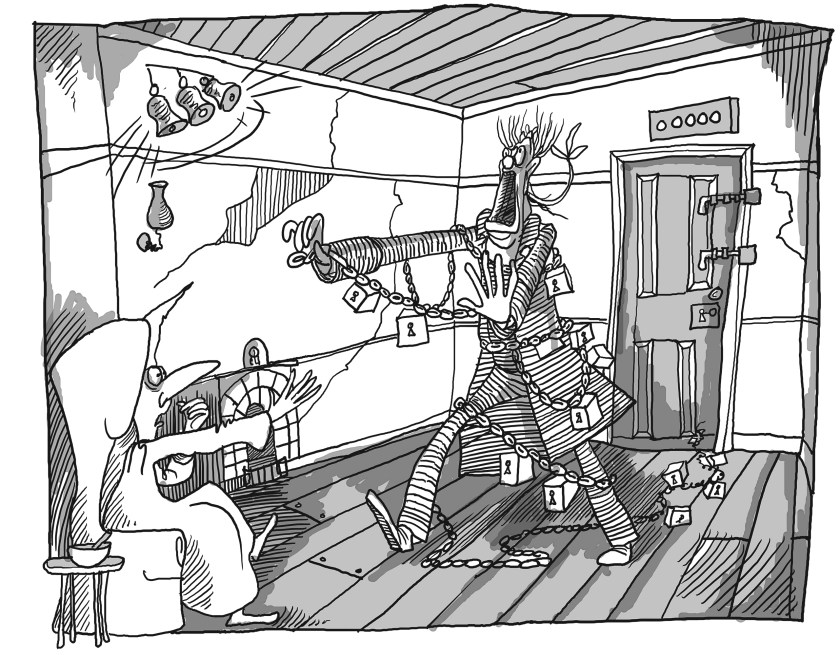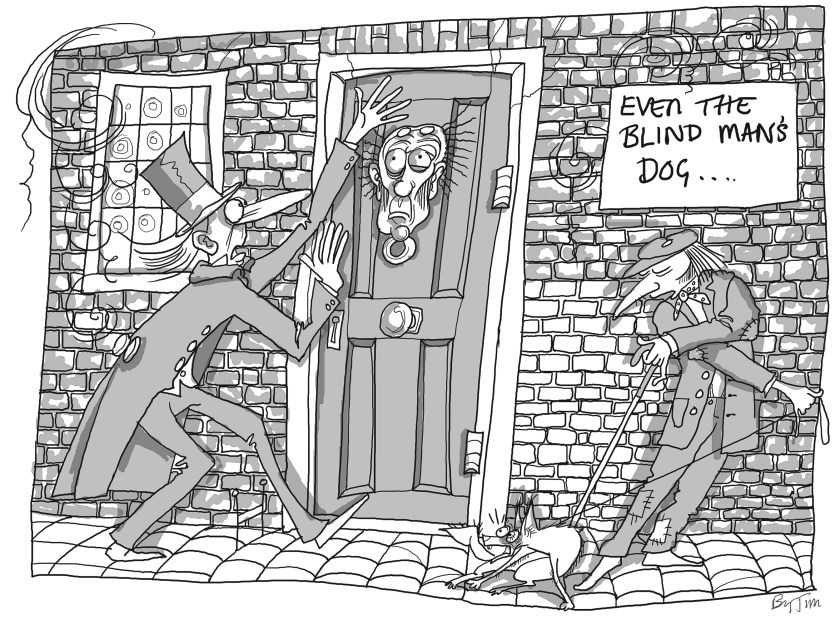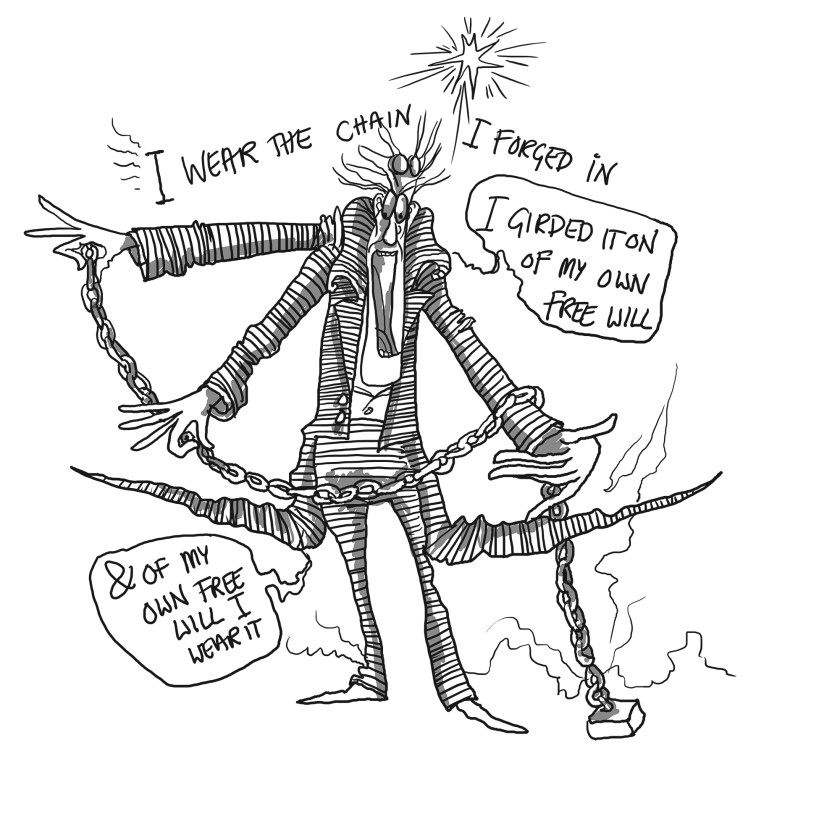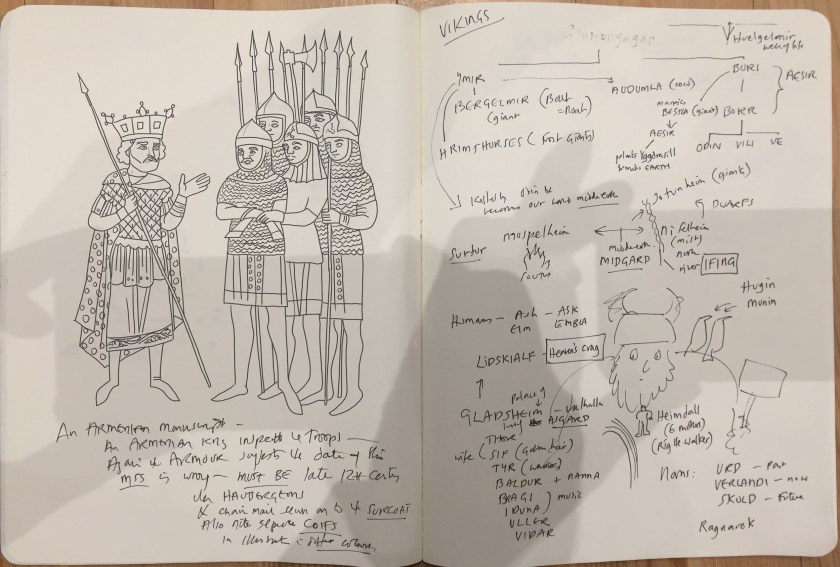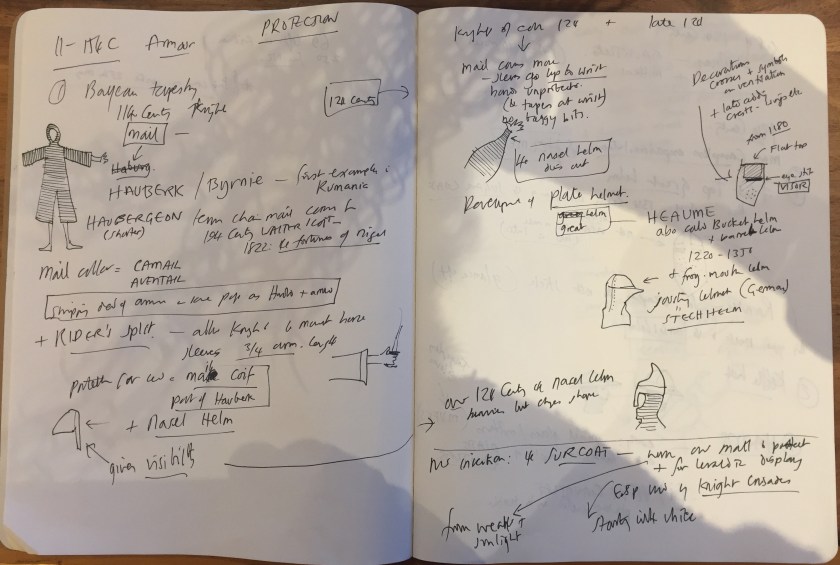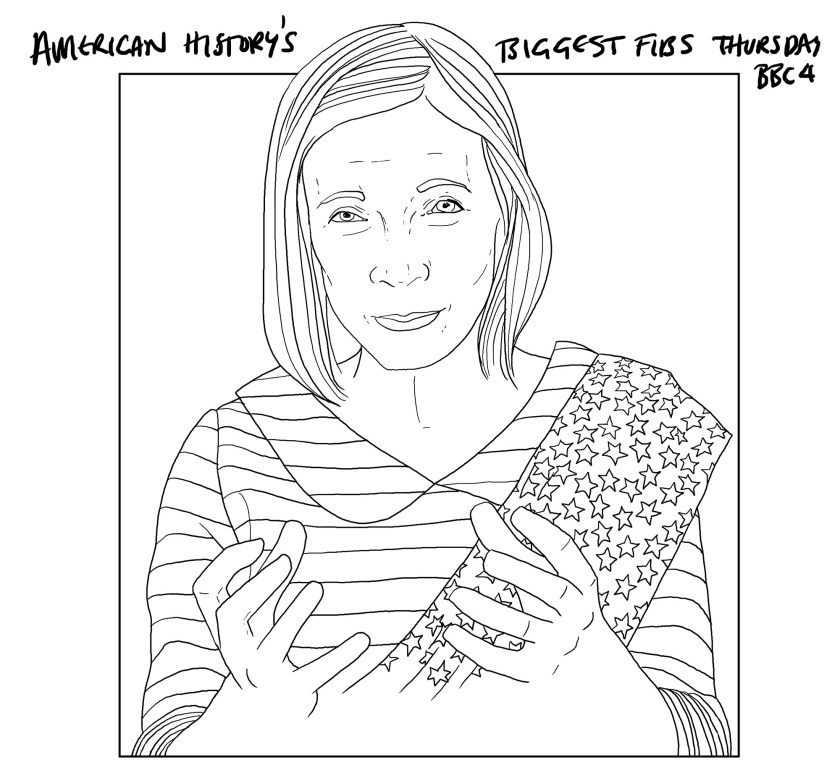I hate it when someone lectures me and finishes by asking if I understand.there is a relationship implied in that question and I do not like it.
So, it was a very depressing experience listening to Radio 4 this evening. There was a tone of righteous condescension which I felt was misplaced. The main culprit was the Minister for Universities, Michelle Donelan. I find it disappointing that people who lack the honour to offer their resignation should be so quick to tell us that students are cheats, that exam predictions are inflated and so on. This is a form of politics that has no respect at all for the voter.
It is also worth noting that Dominic Cummings, yes he of the trip to Barnard castle, was working in the education department with Michael Gove and therefore partly responsible for the foul approach. It is worth listening to the general tone of condesension that pervades the rose garden defence.
I am shocked that Boris should trust this man so much. I wonder if he talks down to Boris as much as he clearly talks down to everyone else?
I think this approach of talking down, doing down, condescending- is something that is running across society.
I was defrauded recently. I was cut off and still am cut off from accessing my bank, and no emails save to the CEO seem to get through at all. It took me a week to get the bank to pick up the phone and answer me and it was another week before anyone from the fraud department contacted me.
I have asked to interview the leader of the HSBC bank in the UK. I fear this is an institution in turmoil that has not prepared well for a crisis like COVID, and I would like to help. The length of time it takes to answer the telephone speaks volumes- I have routinely waited over 2 hours and then had the call disconnected. This is not customer service- it is chaos. The man in overall charge is called Noel Quinn and the UK head is Iain Stuart. I will report back here when and if this happens.
Meanwhile, when I was telephoned yesterday by an agent from the fraud department, his manner was unbelieveably unhelpful (I have his name: always get the name and write it down). When I asked specific questions about the changes in legislation regarding fraud, he retreated into a sort of bluster and ended up quitting the call in a huff (and I thought I was the theatrical one).
So, let me explain about fraud in UK banks: I am not much the wiser, of course, but I think there is an organisation called the “APP Scams steering Group” and they, in turn, have come up with something called “CRM”. Essentially, this is there to investigate fraud. I am not sure how it differs from what existed before but it came into effect on 28th May 2019 and came under the admin of the LSB a couple of months’ later. In contrast to what I was told by the agent, some banks certainly interpret it as offering a full refund to victims and others do not. HSBC seems to be among hose who do not. The relevant line from the legislation seems to be here:
“Importantly, any customer of a Payment Service Provider which is signed up to the Code can expect to be reimbursed where they were not to blame for the success of a scam. A customer can be either a consumer, micro-enterprise or charity, as defined in the Code.”
It is very confusing- deliberately so?
The LSB appointed an advisory board which is chaired by Ruth Evans and consists of what are called industry officials and consumers- I am not sure whether the “consumers” are therefore bank customers or bank officials. Again, the information is deliberately vague but it all sounds grand and well-meaning. In the right hands, it probably is.
What this means in practice, though, is that the banks can sound very grand about what they are doing and, as in my case, when pressed for an answer, can fudge to the point of confusion because nobody really knows what was intended.
It is the same approach by the Government and Ofqual. Referring to Acronyms is a way to avoid explaining what you are talking about just as the double negative or the passive voice distances a rogue from any any direct access to the truth.
It is time to call out for some transparency – or should that be opacity? Surely we want something we can see: Solid facts anyway, something we can understand and something we can evaluate without an agent taking a grand-standing position above us and effectively saying, as Roger Taylor did the other day to the millions of students who felt aggrieved by the OFQUAL algorithm, that they “did not understand it”. Their problem, in other words (or rather in what his words must have meant- there is no other way to interpret them) was not the students were victims of an injustice, or a miscalculation but that they were stupid.
This seems to be the routine tone of people in authority at the end of the phone who have to take responsibility for a mess they have either created or inherited. Be it Virginmedia, HSBC, Sky, OfQUAL, or the Government – the line seems to be the same, that we are incapable of understanding them. That we are too stupid. We are after all, just the customer or just the public- in the case of the Government, we are just the voters.
Here is my point to Anita on the BBC 4 edition of ANY ANSWERS today:





